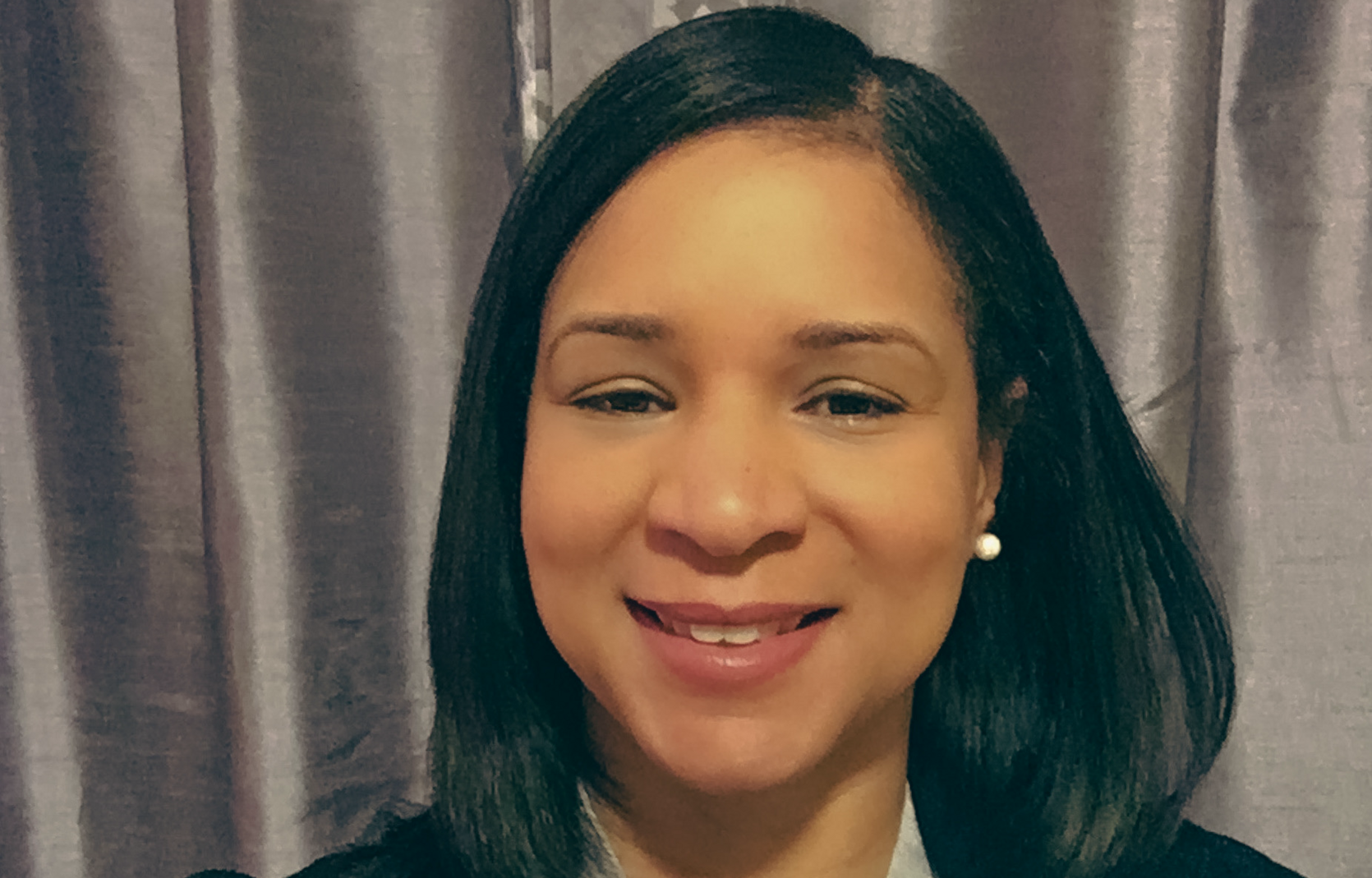- Massachusetts Rehabilitation Commission

By Mary Kuczkowski — Last month, at the 94th Academy Awards ceremony, Troy Kotsur became the first Deaf man to win an Oscar for acting. The film, CODA, short for Child of Deaf Adults, tells the story of his daughter, Ruby, who grapples with pursuing her passion for music and her fear of abandoning her family. The film (shot in Gloucester, Massachusetts) also won the Oscar for best picture. Troy dedicated his win to the Deaf community, the CODA community, and the disabled community in his speech.
At the Massachusetts Rehabilitation Commission (MRC), we're committed to building a truly inclusive Commonwealth—breaking down barriers for people with disabilities and empowering them to live life on their terms. Troy's words were a great reminder that our mission of creating an inclusive, equitable, and accessible workforce is relevant now more than ever.
Marlene Mata, a Deaf Afro-Latinx woman, has been a Rehabilitation Counselor for the Deaf (RCD) in the Braintree office for nine years. After graduating from the Rochester Institute of Technology, she visited a vocational rehabilitation office in New York City. She was paired with a Deaf job coach, a white male, who reviewed her resume and went over her career goals. He told her she should consider a job as a janitor because they make $20 an hour.
"I was crushed, disoriented, and shocked. I felt like he was looking at me as someone who couldn't do any better than that," said Marlene. "I expected more, and I thought I would be encouraged to meet my goals." She felt compelled to be there for the Deaf and Hard-of-Hearing individuals, particularly people of color, and lift them. "I want to be able to support and guide them."
One of her jobseekers, a Deaf man who had just moved to the United States from Africa, wanted to drive a tractor-trailer truck. He was facing barriers in registering for a driving program in New England because of rules regarding how he could be notified of brake alarms and calls from a dispatcher. It's not that he couldn't drive, but he was being prevented from finishing the program. Marlene searched for programs and resources, and she was able to find a driving school in Texas with ASL accessibility and had a program for Deaf drivers. When he graduated, he sent her a picture of him and his truck. "I just felt so much joy in seeing his dream fulfilled," said Marlene.
The passion for guiding those seeking services is shared by Alice Harrigan, who has been an American Sign Language (ASL) interpreter at MRC for more than 30 years. Early in her career, she thought it would be a side job and then realized how important the work was to Deaf people. "You need to really commit to this because you hold people's lives in your hands."
Alice has been a part of a team of interpreters that bridge communication between the Deaf, hard of hearing, and hearing communities. "Whether someone responds with speech, sign, or sound, it is not an indication of intelligence or understanding," says Alice. Marlene agrees, reminding people that linking communication with intelligence is hurtful. "Deaf and Hard of Hearing individuals are brilliant, and they can do their work like the rest of hearing individuals. The Deaf and Hard of Hearing people we work with have their own communication and access needs. It is not one size fits all."
Marlene shared a story of a waitress laid off during the COVID-19 pandemic after 20 years. Marlene reviewed the client's audiogram (a test that measures hearing loss) and her speech discrimination levels (how accurately a person can hear words). She shared with the consumer how significant her hearing loss was and how low her speech discrimination levels were. For the first time, the woman understood why customers would be rude to her or why she would be reprimanded. "She became very emotional. It was shock. It was also grief and relief."
"People who are hard of hearing often feel like they don't have a place they fit in. They are not really a part of the deaf community, and they may not be able to function with people who can hear," said Marlene. "There is significant pressure to understand with the exhausting effort of reading lips and potentially being terminated for misunderstanding."
Both Alice and Marlene recommended asking a Deaf or Hard of Hearing person what's the best communications style for them and following their lead. They noted that maintaining eye contact, allowing time for pauses, and communicating in a well-lit and quiet location is helpful when communicating with or without an interpreter present.
But just relying on written notes isn't enough if you are an employer, so try to find solutions that work best for your team. There are resources and services available to make your place of business more accessible for employees and customers.
Marlene added that she wants people who are learning sign language to feel comfortable using what sign language they know when in a brief conversation. "If someone comes up and just uses a little bit of sign language, during a quick conversation, they're showing they want to reach out and connect." But she also wants people to remember that if you're going to be in a long conversation with someone who is Deaf or Hard of Hearing, to do it correctly. By providing or asking them about their preferred type of communication access.
"My dream is to have everyone learn sign language," Marlene added. "That would be a perfect world."
